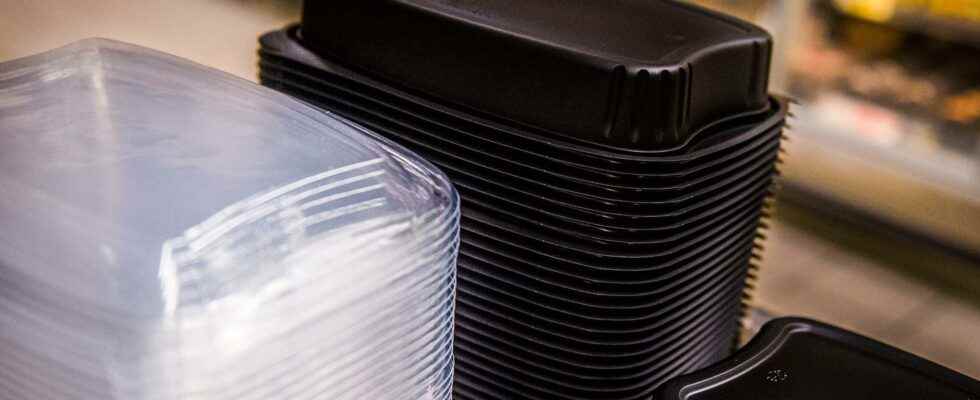Published: Just now
Sweden is getting better and better at recycling. According to statistics from the Packaging Collection (FTI), the collection record was broken for the tenth year in a row and recycling now exceeds the target for 2029.
But black plastic poses a problem.
Last year, FTI collected 553,600 tonnes of packaging via the green recycling stations and collections close to properties around Sweden. Glass is what the Swedes are by far the best at recycling. 84 percent of all glass packaging is recycled.
– It is in the people’s soul to recycle glass, we started with that almost 100 years ago via the breweries. Very few throw glass in the garbage. We want to make it just as natural for plastic and paper packaging, says CEO Helena Nylén.
But there is a long way to go. 72 percent of paper packaging is certainly recycled, but only 18 percent of plastic. Half of it is thrown in the household waste and many of the plastic packaging that is sorted at source cannot be recycled but must be burned.
– The sensors in the recycling facilities, for example, cannot register black plastic today, so it goes to energy extraction. More manufacturers should stop using black plastic for that reason. Products with mixed types of plastic are also difficult to recycle, says Helena Nylén.
Of all the packaging that FTI’s producers have put on the Swedish market, 67 percent is recycled into new products. Sweden’s target of 65 percent has thus been passed. It has several reasons. On the one hand, the public is getting better at sorting their waste, and on the other hand, the facilities that recycle the material are becoming more efficient. Producers are also getting better at developing packaging that is easy to recycle.
Facts
That’s how much of FTI’s collected packaging was recycled
Proportion in percent of the amount of household packaging (reported to FTI) that was recycled into recycled raw material. (National goal in brackets):
Paper: 72 (85)
Plastic: 18 (50)
Aluminum: 72 (50)
Steel: 90 (70)
Glass: 90 (90)
Total: 67 (65)
FTI was previously called Packaging and newspaper collection. It is a privately owned limited company that is run and paid for by companies in the Swedish industry and trade sector that, according to producer responsibility, are obliged to have a return collection system. They operate approximately 5,000 recycling stations in Sweden.
Source: FTI
Read more
